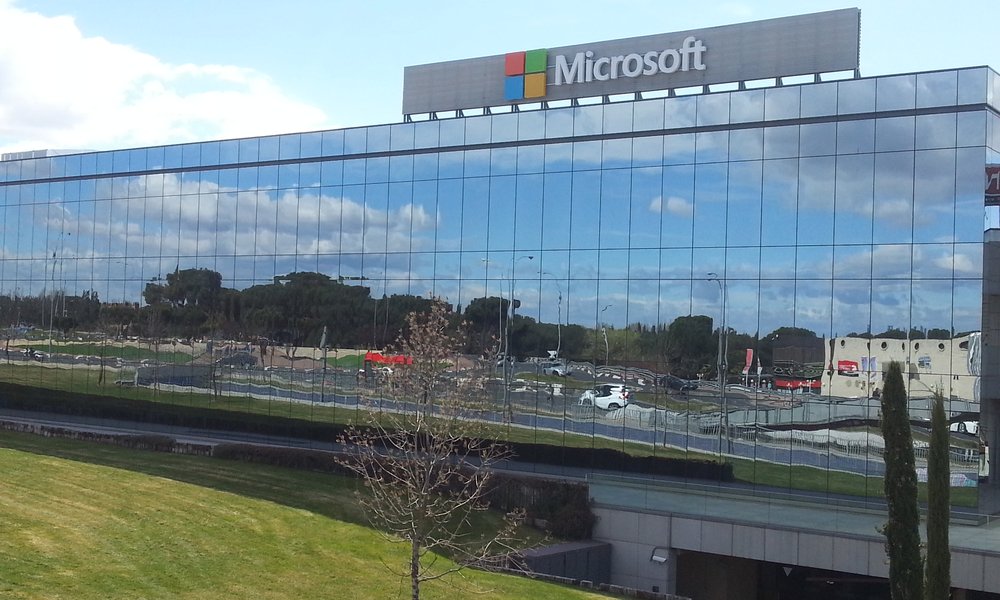
The various regulators are not making it easy for NVIDIA. The acquisition of ARM just over a year ago has raised suspicions in almost every country where one of the most important technology acquisitions in recent years could be blocked.
And it is that to the investigations opened in recent weeks by the European Union and the United Kingdom, now it is the FTC of the United States that has decided to fully enter into the merits of this matter, and investigate whether this acquisition can translate into a situation of abuse of dominant position.
Despite the signals coming from different countries that indicate that one or more parties will eventually block the agreement, NVIDIA remains convinced, at least in its public statements, that the operation will finally go ahead. In this sense, in a statement this week, the corporation stated that “it continued to believe in the benefits and merits of this acquisition for ARM, its licensees and the industry.”
That the company suspected that the FTC could launch an investigation was revealed in fact that same day, when it presented its spectacular year-on-year results. At that time, the multinational made public that the FTC had “expressed its concern” about the acquisition of ARM and that in fact, it was in talks with the agency, with the aim of agreeing on how it could “remedy” the problem. that concern.
This acquisition, on the other hand, not only worries several regulatory bodies, but in recent months, there have been several companies in the technology sector that have also denounced that if approved, ARM would cease to be the neutral actor that it had been until now. . In addition, they have denounced that with this acquisition, NVIDIA would have a privileged position when it comes to accessing new chip designs, which would give it an “unfair advantage” over the competition.
To try to calm things down, the multinational company offered British and EU regulators an offer that would guarantee that it would not hinder the wheels of its competitors when it came to accessing the designs of the new chips. However, both public institutions have rejected the offer as they consider that no “behavioral” practice can be effective.



